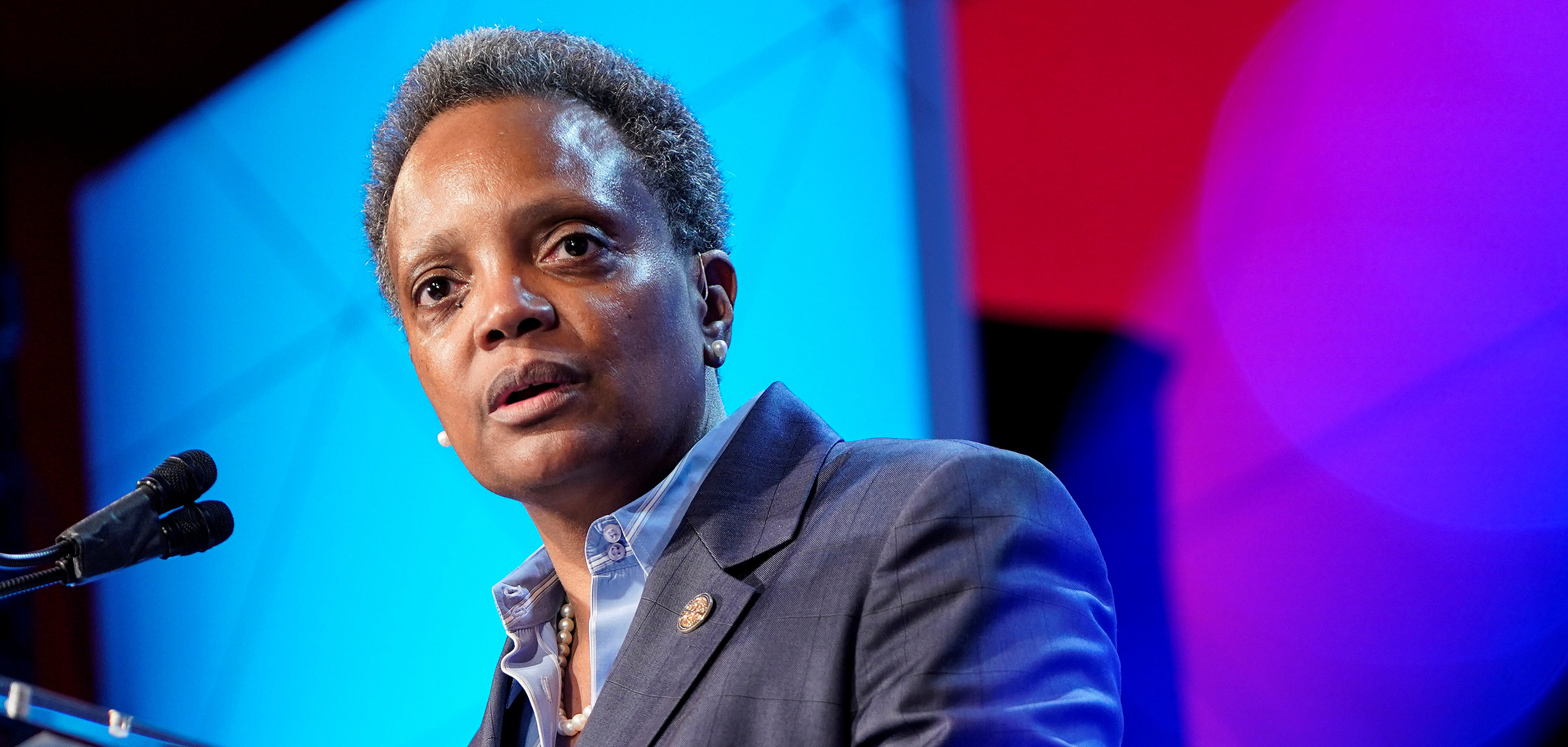Trump Loses Sanctuary City Fight With Chicago
By JASON HOPKINS
The Trump administration cannot withhold grant money from cities that refuse to cooperate with federal immigration authorities, an appeals court ruled Thursday.
President Donald Trump’s threat to withhold public safety grants from jurisdictions that don’t cooperate with Immigration and Customs Enforcement (ICE), otherwise known as “sanctuary cities,” violates the Constitution’s separation-of-powers provisions, the 7th U.S. Circuit Court of Appeals ruled. The decision was the latest in the ongoing court battle between the Trump administration and the city of Chicago.
The executive branch’s authority on immigration policy does not include withholding funds from cities that were allocated from the legislative branch, the appeals court found.
“Such a concentration of power would allow tyranny to flourish, and our system of government is wisely set up by the Founders to foreclose such a danger,” wrote Judge Ilana Rovner, writing on behalf of the three-judge panel, in a 95-page ruling.

Mayor of Chicago Lori Lightfoot speaks at the U.S. Conference of Mayors 88th Winter Meeting in Washington, U.S., January 23, 2020. REUTERS/Joshua Roberts
The court battle dates back to 2017, when the Department of Justice (DOJ) moved to withhold Edward Byrne Memorial Justice Assistance Grants from Chicago — a city that for years has refused to honor ICE detainer requests, share information, or otherwise cooperate with immigration agents. Then-Mayor Rahm Emanuel sued the DOJ in response.
Chicago Mayor Lori Lightfoot, Rahm’s successor and another major opponent of Trump’s immigration agenda, celebrated the court’s decision.
“When I got the news from our corporation counsel earlier this morning, I let out a cheer,” Lightfoot said, according to CBS Chicago. “This is a great victory, not only for Chicago, but for our immigrant and refugee communities everywhere in the country.”
The grant money at stake was a mere fraction of 1% of Chicago’s budget, but the drawn-out court fight indicated that the lawsuit was much more for Chicago leaders than receiving federal funds.

A member of Immigration and Customs Enforcement (ICE) and Removal Operations (ERO) (San Francisco and Northern California) Fugitive Operations teams is pictured during an operation in San Jose, California, U.S., Sept. 25, 2019. REUTERS/Kate Munsch
Lightfoot is proud of Chicago’s status as a sanctuary city, and her administration has specifically instructed local law enforcement not to work with ICE agents in many circumstances. The city does not honor ICE detainer requests, and has even allowed illegal aliens charged of heinous crimes to walk free without notifying the agency — which has led to some gruesome consequences.
Chicago authorities, for example, refused to honor an ICE detainer request on an illegal alien in June 2019, and instead released him back into the public. That individual went on to allegedly sexually assault a toddler in a public bathroom.
In response to public backlash over the alleged assault, Lightfoot put blame back on ICE.
“They’re critical because we have said very clearly we are a welcoming city, a sanctuary city,” she said in February in response to accusations that her government could’ve prevented the crime. “Chicago Police Department will not cooperate with ICE on any immigration-related business.”
Original Here
For the JHU COVID-19 (Coronavirus) tracking map with updates, click here, or the CORONAVIRUS picture.

